Algerian Warda, the princess of Arab singing, the immortal and unforgettable voice

Warda Al-Jazairia, often referred to as the princess of Arab singing, captivated the world with her enchanting voice and unique style. Algerian Warda, the princess of Arab singing, the immortal and unforgettable voice. Her music harmoniously combined elements of traditional Arab heritage with modern global influences, making her one of the most prominent stars in the Arab world. She rapidly gained fame and established herself as an icon of creativity and influence in the artistic world. Let’s explore the fascinating life and enduring legacy of Warda Al-Jazairia.
Early Life of Warda Al-Jazairia
Born in July 1939 to an Algerian father and a Lebanese mother in France, Warda Al-Jazairia is celebrated as one of the Arab world’s most renowned singers. Algerian Warda, the princess of Arab singing, the immortal and unforgettable voice. She began her artistic journey in France, performing songs by legendary artists such as Umm Kulthum, Mohamed Abdel Wahab, and Abdel Halim Hafez.
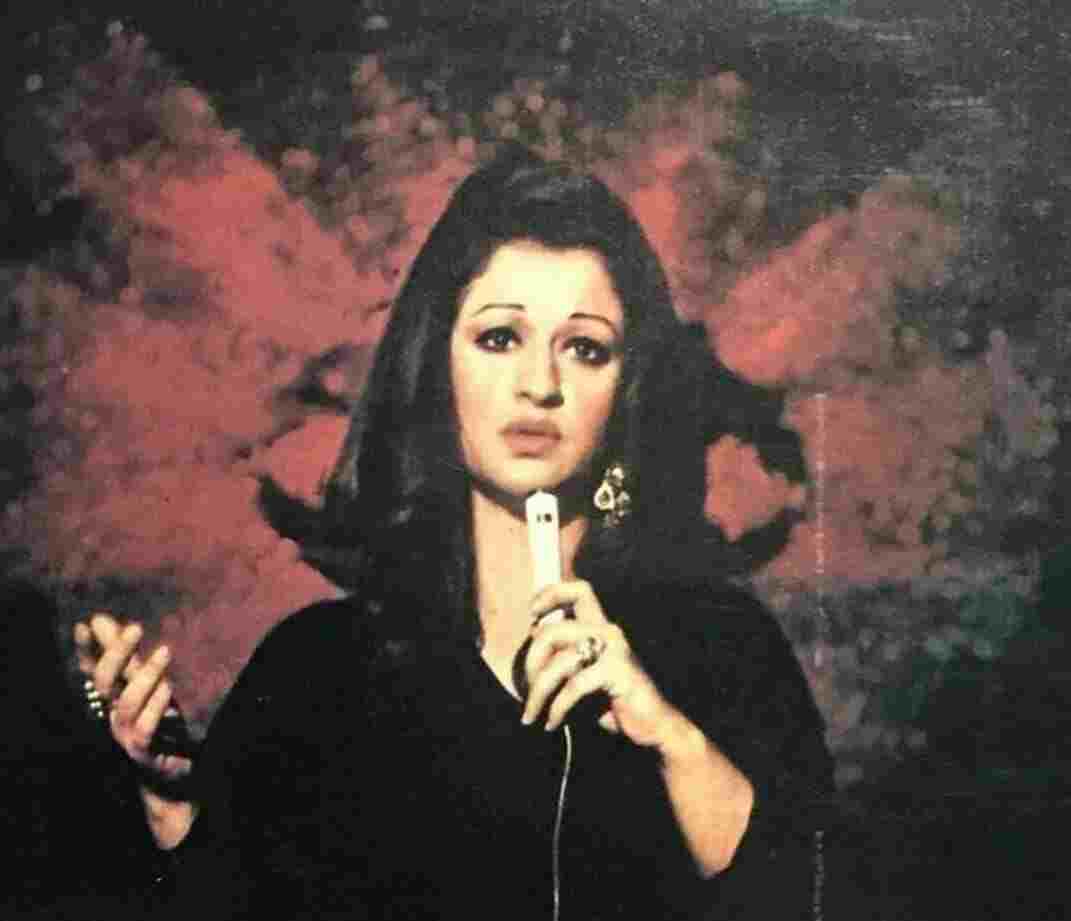
In 1960, Warda moved to Egypt at the invitation of director Helmy Rafla to star in her first film, *Almaz and Abdo El Hamouli*. The movie was a massive success and marked the beginning of her stardom in Egypt, where she would temporarily reside and continue her career.
Warda’s Rise to Fame
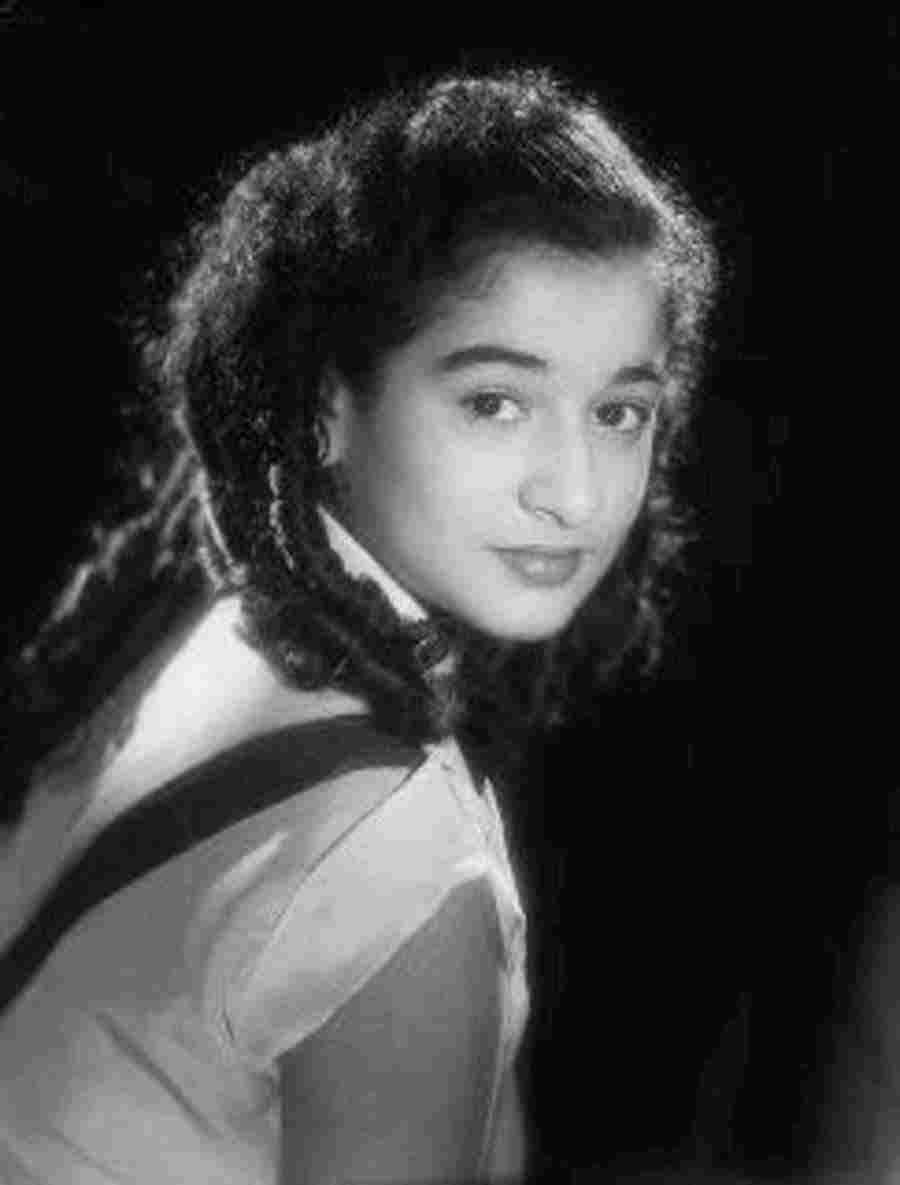
After marrying Jamal Qasri, the Undersecretary of the Algerian Ministry of Economy, Warda retired from singing. However, on the request of the Algerian president, she returned to perform for Algeria’s Independence Day. This marked her comeback to the music scene, and although her husband chose to separate from her, she resumed her career in Cairo, where she would achieve even greater heights.
Warda married the famed Egyptian composer Baligh Hamdi, and together they created a series of memorable songs. Their artistic collaboration continued even after their divorce in 1979.
Personal Life
Warda’s first marriage to Jamal Qasri lasted around ten years, during which they had two children, Riad and Widad. When she decided to return to singing, her husband refused to allow her to take the children with her, prompting Warda to relocate to Egypt and pursue her career.
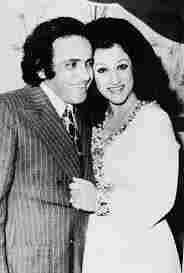
In Egypt, she reunited with Baligh Hamdi, who had been in love with her for years. Their relationship blossomed, and they got married after the release of the song *Black Eyes*, which Baligh wrote, composed, and Warda sang. Their love story captivated the artistic community, but their marriage ended after six years when Warda’s jealousy was triggered by rumors of Baligh’s involvement with an up-and-coming singer.
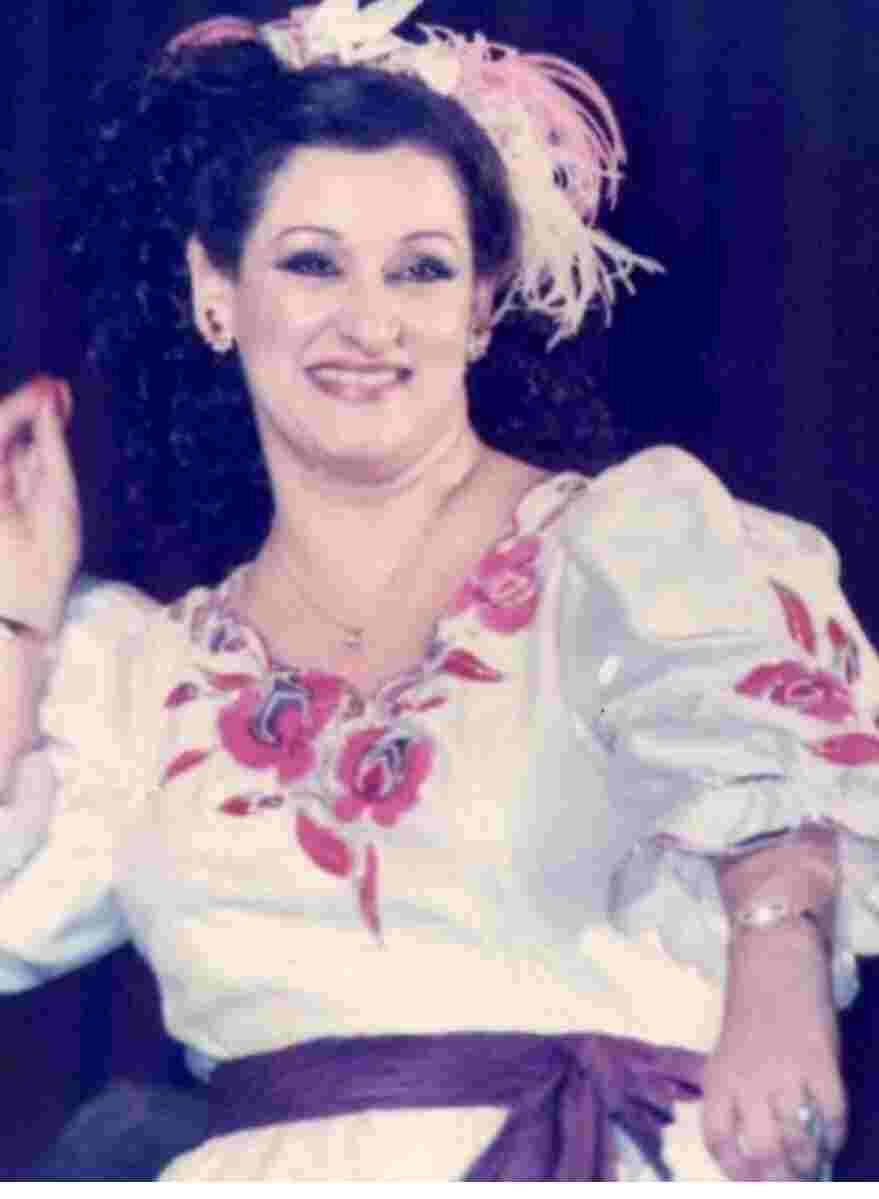
Artistic Legacy
Warda Al-Jazairia was a multifaceted artist, excelling in various forms of media. Her work extended beyond singing to include movies, TV series, and a vast array of national, religious, and emotional songs.
Films
– *Almaz and Abdo El Hamouli* (1962)
– *Princess of Arabia* (1963)
– *The Voice of Love* (1973)
– *My Story with Time* (1974)
– *Ah Ya Leil Ya Zaman* (1977)
– *Why, Oh World* (1994)
TV Series
–
*Rose Leaves*
– *The Big Valley*
– *It’s Time*
National Songs
- *My Country, My Country* (1954)
- – *Arab Unity* (1960)
- – *The Greater Homeland* (1960)
- – *Song of a Million Martyrs* (1961)
- – *Victory Anthem* (1962)
- – *Mansoura Ya Baladi* (1963)
- – *Peace to Egypt and Sudan* (1974)
- – *Baghdad, Mother of the Revolutionaries* (1982)
Religious Songs
- I Saw the Crescent Moon Coming* (1973)
- The Rizq Divider* (1979)
- O He Who Answers the Call* (1983)
- Muhammad’s Message* (1992)
Emotional Songs
- My Heart Is Yours* (1948)
- I Love You More Than You Can Imagine* (1961)
- Black Eyes*
- Soul Ya Hawa*
Awards won by Warda Al-Jazairia and Recognition
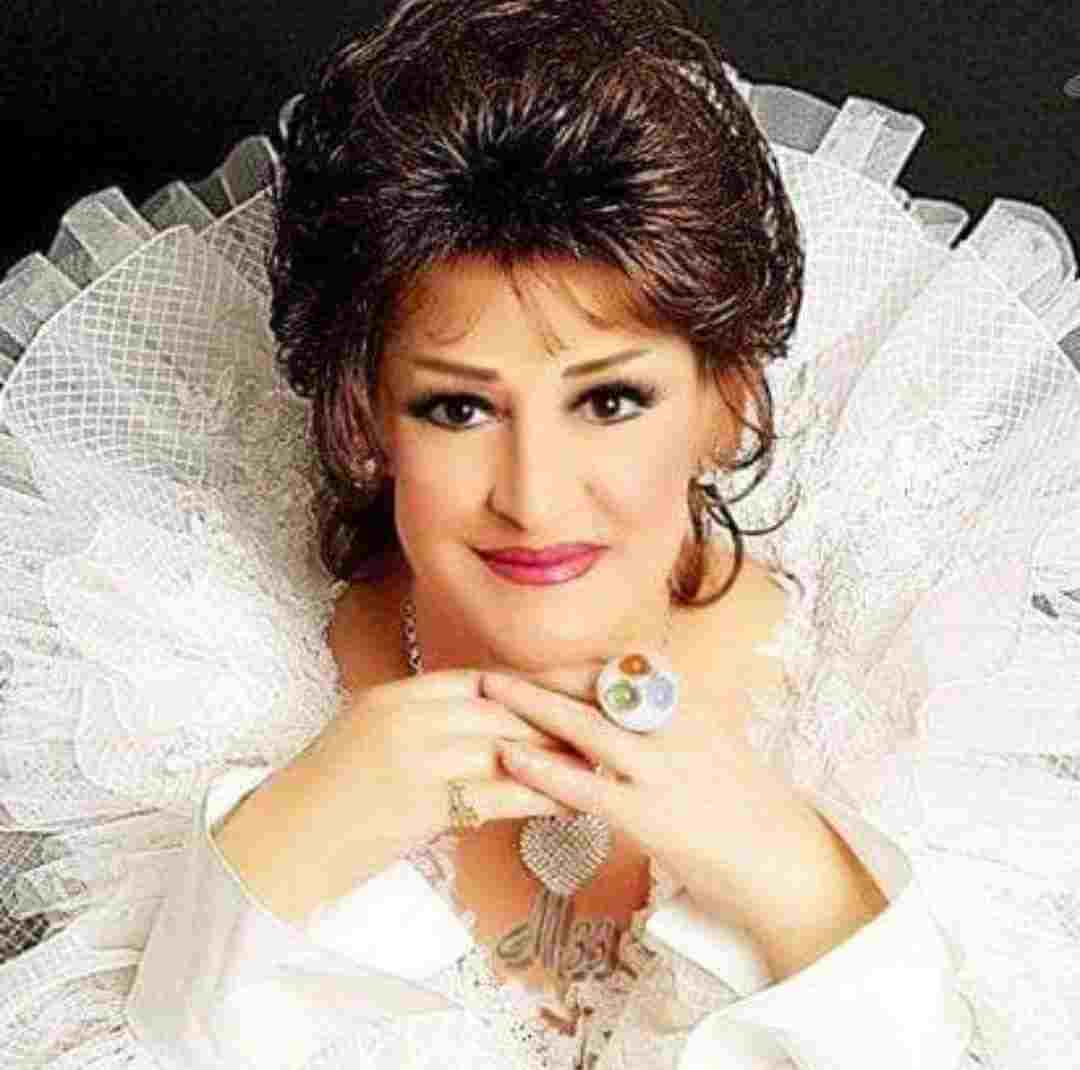
Warda Al-Jazairia received numerous accolades throughout her career, including the prestigious Arab Music Academy Award from the League of Arab States as the Best Arab Singer in 2009. In 2014, she was posthumously honored with the Best Lebanese Song award for *Ayyam* at the Murex D’Or Awards, and in 2012, she received the Loyalty Award from the same organization.
The Passing of Warda Al-Jazairia
Warda Al-Jazairia passed away in 2012 at her home in Cairo following a heart attack. Her death was mourned by many, and the Algerian president arranged for her body to be flown to Algeria on a special military plane. She was laid to rest in Alia Cemetery, Algiers, as her passing deeply affected the entire Arab world. Despite her death, Warda’s timeless music continues to captivate audiences, leaving behind an artistic legacy that will live on forever.

A Timeless Icon
In conclusion, Warda Al-Jazairia’s life and career exemplify the spirit of authentic Arabic music that transcends borders and generations. Her songs, filled with passion and emotion, remain a testament to her unmatched talent, and she continues to be a symbol of love, nostalgia, and artistic brilliance in the Arab world.
Warda may no longer be with us, but her voice will echo through the ages, immortalized in the hearts of her fans.
Fairuz, the moon’s neighbor, the builder of Arabic song with her immortal songs



